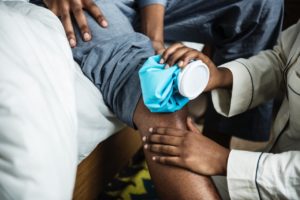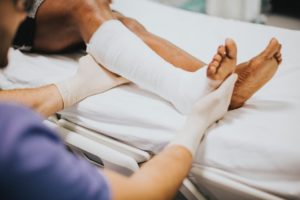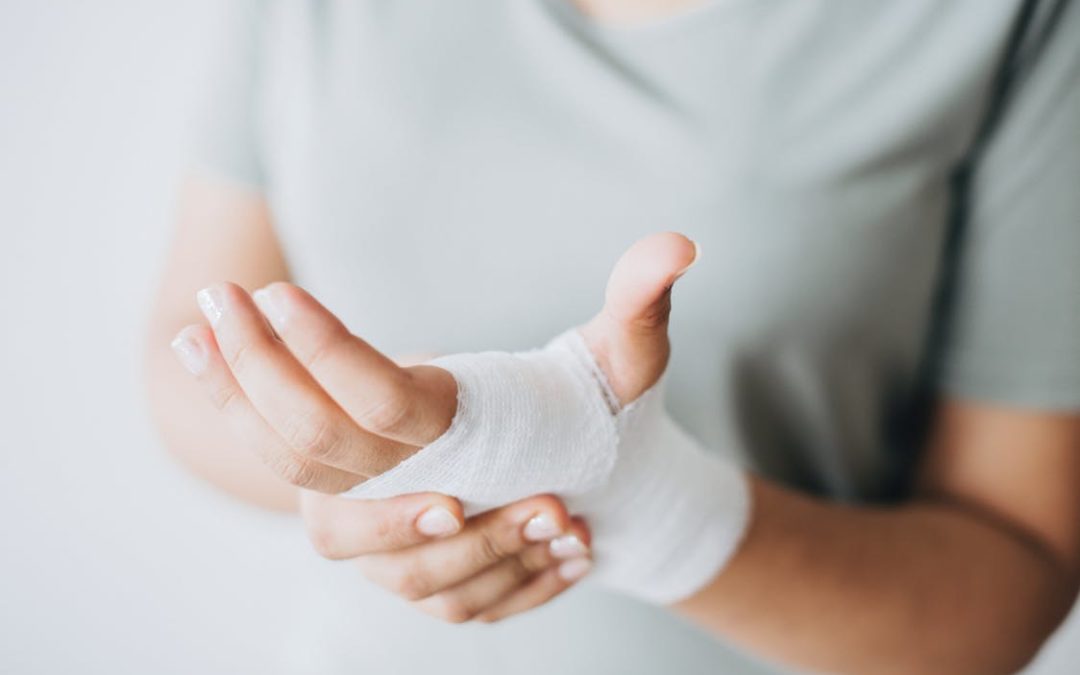Accidents can happen anywhere. You may be an invited guest at someone’s home and get seriously injured, or you could be renting a home on a home-sharing site like Airbnb and suffer a serious injury due to dangers you were never made aware of. Slips and falls and other personal injuries caused by hazards and a homeowner’s negligence could result in life-long disability, time missed off work, costly hospital bills and enduring pain.
If the property owner caused the hazard that caused the injury, or they neglected to warn you about the hazard that caused the injury, they may be held liable. Some common injuries that happen at homes include:
- Slips on driveways
- Falling down stairs
- Getting injured on playground equipment
- Tripping over wires and cords
- Falling because of torn or uneven carpeting
- Tripping because of inadequate lighting
Homeowners have a legal responsibility to maintain their property so that it ensures the safety of others. When the homeowner fails to do so, they may be held liable for a serious personal injury. If there are any dangers on a property and the homeowner is aware of them, they must make those known to their guests.
When you’re injured at someone else’s home, you may be wondering how to handle the situation, especially if it’s the home of a personal contact or friend. Don’t miss out on getting the compensation you deserve if you’re injured at someone’s home. Here are steps to take so that you stay protected.
 1. Document the Scene
1. Document the Scene
Any evidence you can gather at the scene will be helpful should you seek compensation or decide to file a premises liability lawsuit in the future. If you’re able to, pay close attention to the scene of your accident.
- What hazards are nearby?
- Are there signs of things that contributed to your accident?
- What condition is the scene of the accident in?
Taking photos or videos of the scene on your smartphone (or asking someone to do so for you) is helpful. At the very least, take detailed mental notes, and write down what you remember from the scene as soon as possible.
You should also gather contact information of witnesses at the scene. Ask for a full name, phone number and email address in case you or your legal team needs to contact them in the future.
2. Get Medical Treatment
If you are in significant pain, call an ambulance to take you to the hospital. At the very least, have someone drive you to an emergency medical provider.
Even if you think your pain is minor, you should visit a doctor right after your accident. Sometimes outward symptoms don’t show up for days, weeks or even months. If you don’t see a doctor immediately but decide to file a claim later, the other party could insist that the home accident was not the cause of your pain, when it really was.
You will want to get documentation for all medical treatment you receive and closely monitor how your injury progresses. In addition to storing all medical records in a safe place, it’s also helpful to keep your own daily personal records of pain you’re feeling and what you’re experiencing with your injury.
You should also store any clothing and footwear you were wearing at the time of your accident. Keep them in the condition they were in when you were injured.
3. Get Insurance Information from the Homeowner
You should get the contact information of the homeowner of the home where you are injured. You will likely already know the address and name of the homeowner, but also make sure you have the phone number and email address of the homeowner. Ask the homeowner if they have homeowner’s insurance, and get that information, as well.
 4. Create an Accident Binder
4. Create an Accident Binder
You should have a safe storage place for all your documentation regarding your accident. In addition to medical records, store your personal records of how your injury is progressing and any documentation you receive regarding any time you have to miss off work.
5. Contact a Personal Injury Attorney
If you are injured because of someone else’s negligence, you may be entitled to compensation for your medical bills, time missed off work, pain and suffering and more. The homeowner’s negligence may cause the accident of someone else in the future. You may be able to help prevent this, and filing a lawsuit against the negligent party may be the answer.
Do not talk to or sign any paperwork from an insurance company or the other party’s attorney without talking to a premises liability lawyer first. A free consultation from the Millea Law Firm Phoenix personal injury lawyer team can provide more insights into how you should proceed. We only work on a contingency basis. We don’t take on your case unless we believe we can win, and you don’t pay unless we win your case. Contact the Millea Law Firm here.


Recent Comments